When
to
Wednesday, October 11, 2023 - 12:30 BST
Where
Online
United Kingdom
About the Event
Registration
Click here to register for the event
Course Summary
The next few years will see a continual increase in the amount of materials created by educational and aligned organisations, much of which will be accessible to peers, students and the general population across the globe. The opportunities for sharing Open Education Resources are greater than ever. This widespread change has led to many ethical and practical questions around ownership, hosting and copyright. This seminar explores the current OER landscape, looks at how some of these issues are being addressed, and highlights the opportunities presented by the growth of OER resources.
Why you should
Delegates will have a chance to hear from a variety of different perspectives, which will include how open resources can support teaching and learning, how resources are being developed and promoted, and how others have approached the creation and management of OER policies. This course is aimed at anyone who is keen to understand more about Open Educational Resources, with a view to creating them, making use of them for teaching and learning, or creating policies around them.
Who should attend
The seminar will be of interest to those working across the scholarly information industry, including publishers, librarians, teachers, lecturers, learning technologists, research support staff, other aligned professionals and students.
Attendee Information
The webinar tool we use is Go to Webinar. To test your system ahead of time visit https://support.goto.com/webinar/system-check-attendee
Accessibility
We’re committed to running accessible training and events. We want you to feel welcome, included, and able to fully engage in our sessions.
To help us, please share any access needs you have when prompted by our booking form. We may be in touch to ensure we’re making the right adjustments.
If you have particular accessibility needs or questions about this seminar/webinar, we encourage you to contact events@uksg.org to discuss further.
Programme
| Time |
Programme and Speakers
Programme
Speakers
|
|---|---|
|
10:00
|
Welcome and Introduction* Times in BST 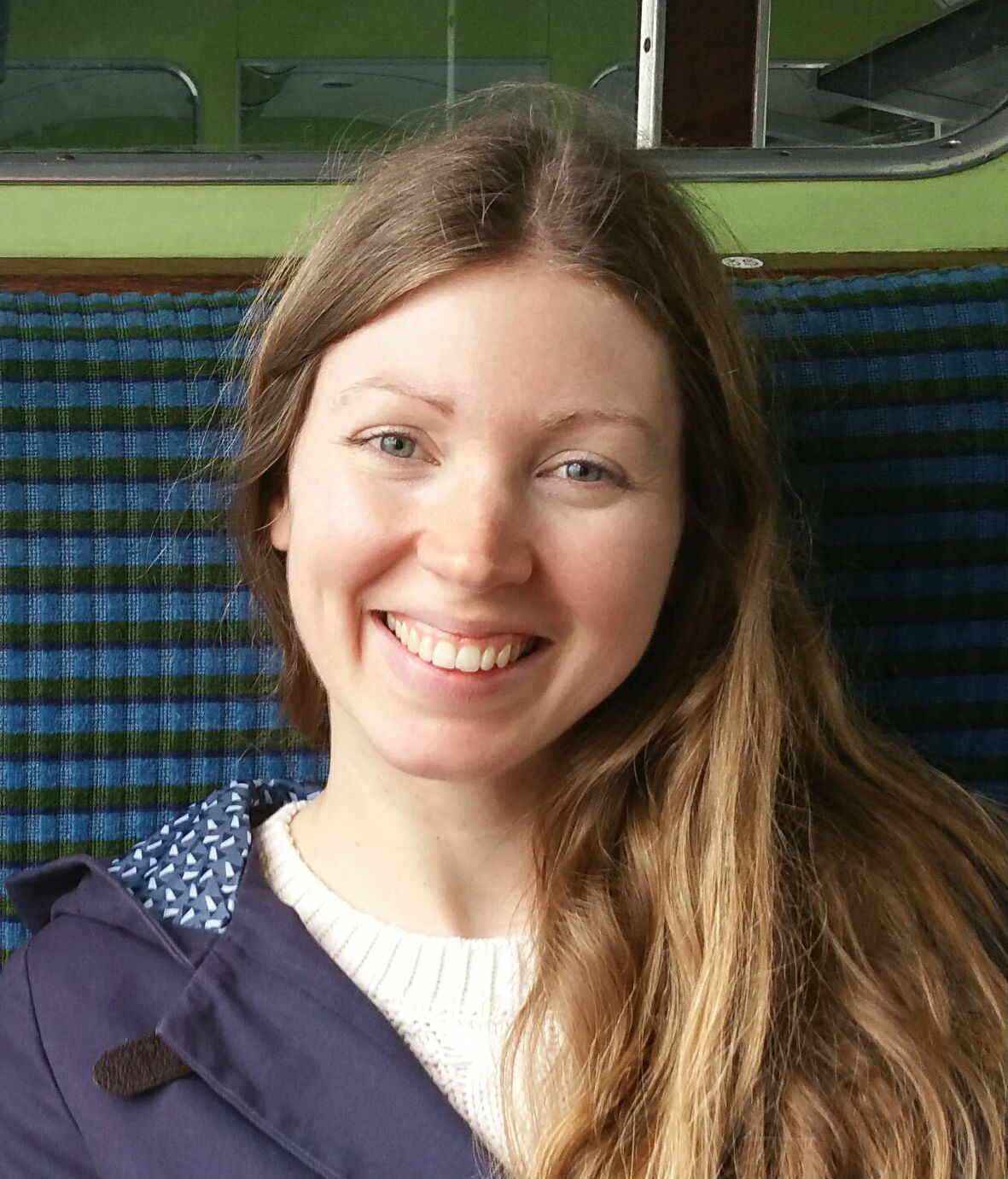
Klara Finnimore
Journals and E-Resources Librarian
Royal College of Art (RCA)
Klara is the Journals and E-Resources Librarian at the Royal College of Art. She has responsibility for managing and developing the RCA's online collection of journals and databases, as well as maintaining the current and archived print journal collections. She also contributes to the work of a number of committees across the library sector. |
|
10:10
|
The National Teaching Repository: Evidencing the impact of your practice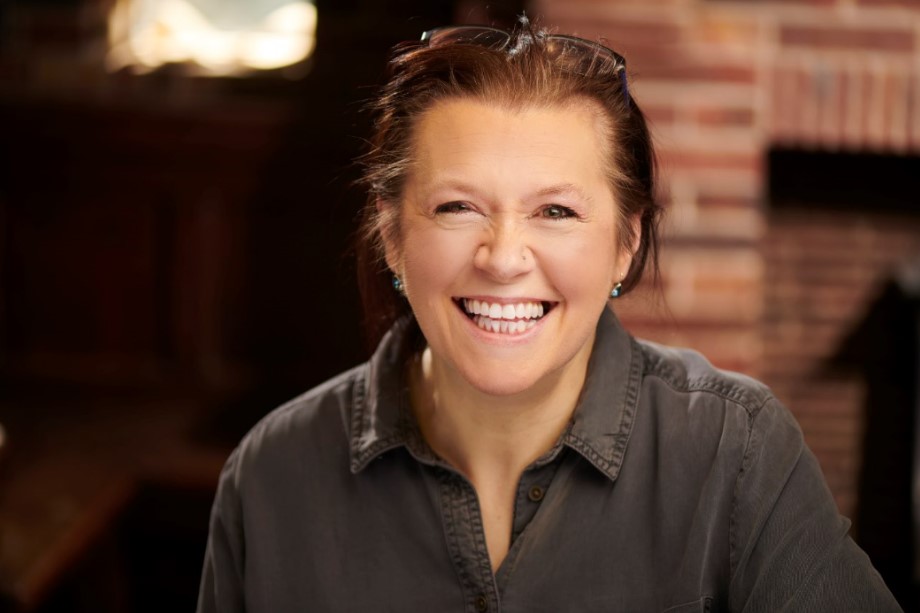
Dawne Irving-Bell
BPP University
In this session Professor Dawne Irving-Bell talks about The National Teaching Repository: An Open Education Resource with Proven Reach and Impact across the Global Higher Education Community. |
|
10:50
|
Leveraging the re-imagined content strategy to support the use and creation of OERLorcan Dempsey (2017) has written extensively about the “inside-out library” and the importance of getting infrastructure in place to support the creation, curation and discoverability of institutional outputs. Helen's presentation focuses on Sheffield's efforts to make progress with teaching and learning outputs and the strategic enabling initiatives across the University which create an environment conducive to the use and creation of open educational resources.
Helen Moore
University of Sheffield
Helen has worked at the University of Sheffield for 20 years and prior to that worked for a large public library authority. Working with a team of librarians, Helen ensures the Library supports the academic endeavour and strategic priorities of the faculties of Engineering and Science. In recent years Helen's interest in open scholarship, and in open educational resources (OER) particularly, has grown, driven largely by emerging commercial textbook models. She is a co-chair of the LIBER Working Group on Educational Resources and is a Senior Fellow of the Higher Education Academy |
|
11:15
|
Break |
|
11:40
|
Co-design and consultation - developing learning resources for schools and colleges on the V&A’s African and Caribbean collectionsUsing the V&A’s newest resources as case studies, Caribbean Connections in Art & Design and Global Africa, this seminar will explore co-design and content creation of free, downloadable teachers’ packs. From the selection of objects on which to focus through to consultation with external stakeholders on language and terminology, the seminar will highlight how the resources are serving to develop skills and knowledge for colleagues right across the organisation and raise awareness of BIPOC artists, designers and makers to inspire the next generation of creatives. 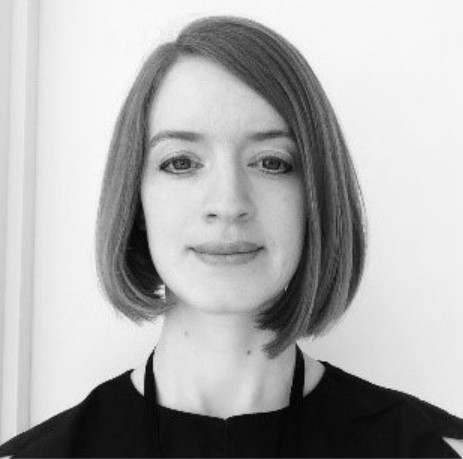
Cara Williams
Victoria & Albert Museum
Cara Williams has worked in the cultural education sector for over 15 years at some of the leading institutions in the UK, including Tate Modern, Southbank Centre and the V&A, where she is currently responsible for overseeing the development of learning programmes and resources for students and teachers. |
|
12:05
|
From reusable training materials to empowered trainers: Reflections from the European Open Science CloudThis presentation will look at the hidden challenges associated with the rapidly expanding amount of OERs and online training catalogues available, focusing on the open science area. Many recent initiatives prioritise making training catalogues FAIR (Findable, Accessible, Interoperable, Reusable) by adapting the existing FAIR data principles to training catalogues. However, instead of focusing on the “FAIRness” and availability of the online training resources, this session questions what support is needed to ensure that the current investment in open educational resources and training catalogues significantly improves the quality of education around the world. 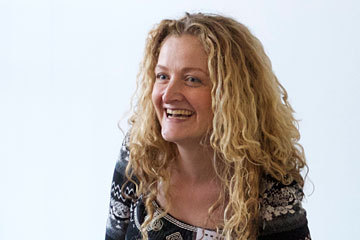
Helen Clare
Jisc
Helen has over 20 years’ experience working in training and staff development in the education sector. She is Senior e-Infrastructure Strategy Manager (Skills) at Jisc and has worked recently on the EOSC Synergy and EOSC Future projects, developing open educational resources for open science. She is Jisc’s lead on the Digital Research Community and a founding member of the Open Research Competencies Coalition. She is co-chair of the EOSC Upskilling Countries to engage in EOSC Taskforce and of the OpenAIRE Community of Practice of Training Co-ordinators. |
|
12:30
|
Getting credit for all of your OERsIn the world of Open Educational Resources (OER), there are several steps towards a mutually beneficial set up for authors and consumers alike. OER can come in many different file formats and be useful for many different audiences. But with all of the work that has gone into creating the OER, how can authors make their content findable and accessible, whilst also encouraging reuse and tracking the impact of the outputs. Figshare is a repository that plays host to lots of different types of content. Our institutional repositories have provided many ways for different types of OERS to be shared, grouped together and tracked. Everything gets a DOI and citation counts, Altmetric scores, views and downloads are tracked across each output. This talk will run through how you can get credit for all of your OERs. whilst also highlighting the different ways others have done this at institutions around the globe.
Mark Hahnel
Digital Science
Mark Hahnel is the CEO and founder of Figshare, which he created whilst completing his PhD in stem cell biology at Imperial College London. Figshare currently provides research data infrastructure for institutions, publishers and funders globally. He is passionate about open science and the potential it has to revolutionize the research community. |
|
13:00
|
Summary and Close |
| Time |
Programme and Speakers
Programme
Speakers
|
|---|---|
|
10:00
|
Welcome and Introduction
Andrew Tattersall
University of Sheffield
Andy Tattersall is an Information Specialist at the Division of Population Health (ScHARR) at The University of Sheffield. Andy writes, teaches and delivers talks and training about research communications (including podcasting, blogging, social media, video/animation, infographics), digital academia, open research, web and information science and altmetrics. In particular, their application for research, teaching, learning, knowledge exchange and collaboration. Andy has a mix of applied skills and theoretical knowledge and very much practises what he preaches. Andy received a Senate Award from The University of Sheffield for his pioneering work on Massive Online Open Courses (MOOCs) in 2013 and is a Senior Fellow of the Higher Education Academy. Andy was named in Jisc’s Top 10 Social Media Superstars. He was a member of the Cilip Digital Technology Committee (MmIT) for 10 years (2 as Chair) and is a member of the UKSG Events and Education Committee. Andy co-wrote and edited a book on Altmetrics for Facet Publishing which is aimed at researchers and librarians. |
|
10:05
|
Through the winding corn maze - exploring Open Educational Resources in an FE contextOpen Educational Resources represent an attractive enigma for Sixth Form Colleges - the chance to get access to an enormous range of potential sources and repositories that are varied, perplexing and have the potential to be incredibly useful or quite irrelevant. This presentation explores the recent investigations that we have made at Barton Peveril Sixth Form College to give a broader FE perspective of positives and challenges that Open Educational Resources can present in the sector. 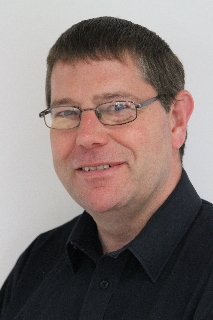
Adam Say
Barton Peveril Sixth Form College
A librarian with a range of experience working in libraries from the small to the large across a variety of library sectors including Higher Education, the public sector and Further Education. Adam has worked extensively across libraries in Hampshire where he completed an MA in Information Studies with the support of Hampshire Libraries. After 13 years working in public libraries at the start of his career, concluding at Fareham Library, Adam has since worked at the University of Surrey Library and Highbury College, Portsmouth, before moving to his present role as Library Manager at Barton Peveril Sixth Form College in Eastleigh, Hampshire. |
|
10:30
|
OER Escape Room: the how, what and whyThis session will explore how the creators of the OER Escape Room, Sarah, Aisling and Katrine, created this new open access game despite being in separate countries with very non-linear lives. In this talk you'll learn all about the OER Escape Room, how and why it was created and how it has been used. You'll also hopefully become a little inspired to follow your own creative paths to explore gamification as a teaching tool.
Katrine Sundsbo
DOAJ (Directory of Open Access Journals)
Katrine is the Scholarly Communications and Research Support Manager at the University of Essex (Library Services). Her areas of expertise include (responsible!) metrics, publishing, open access and more. In addition to creating the Open Access Escape Room, Kat is also one of the founding organisers of Newcomers (Network for Early Career Essex Researchers) – a network dedicated to developing research support for ECRs. In her spare time, Kat spends a lot of time with her puppy Evie and dreams about the wonderful mountains in her home country Norway. 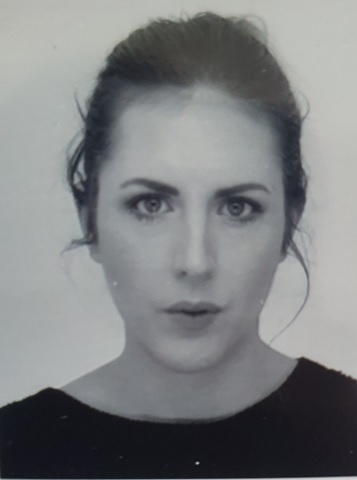
Aisling Coyne
TU Dublin
Aisling is the Open Scholarship Librarian for Technological University Dublin (TU Dublin) where she manages the institutional repository, Arrow; engages in outreach and promotion of Open Research; delivers training to academics, staff, students, and researchers on a variety of Open topics; is a member of the European University of Technology (EUt+) project. Aisling is a member of two LAI special interest groups (Library Publishing and Open Scholarship); the IOAP; EARMA; is a founding member of OSCAIL, among other groups. Aisling has a special interest in OER and Gamification, including delivering the Open Access Escape Room, Lego Serious Play and the new OER Escape Room. 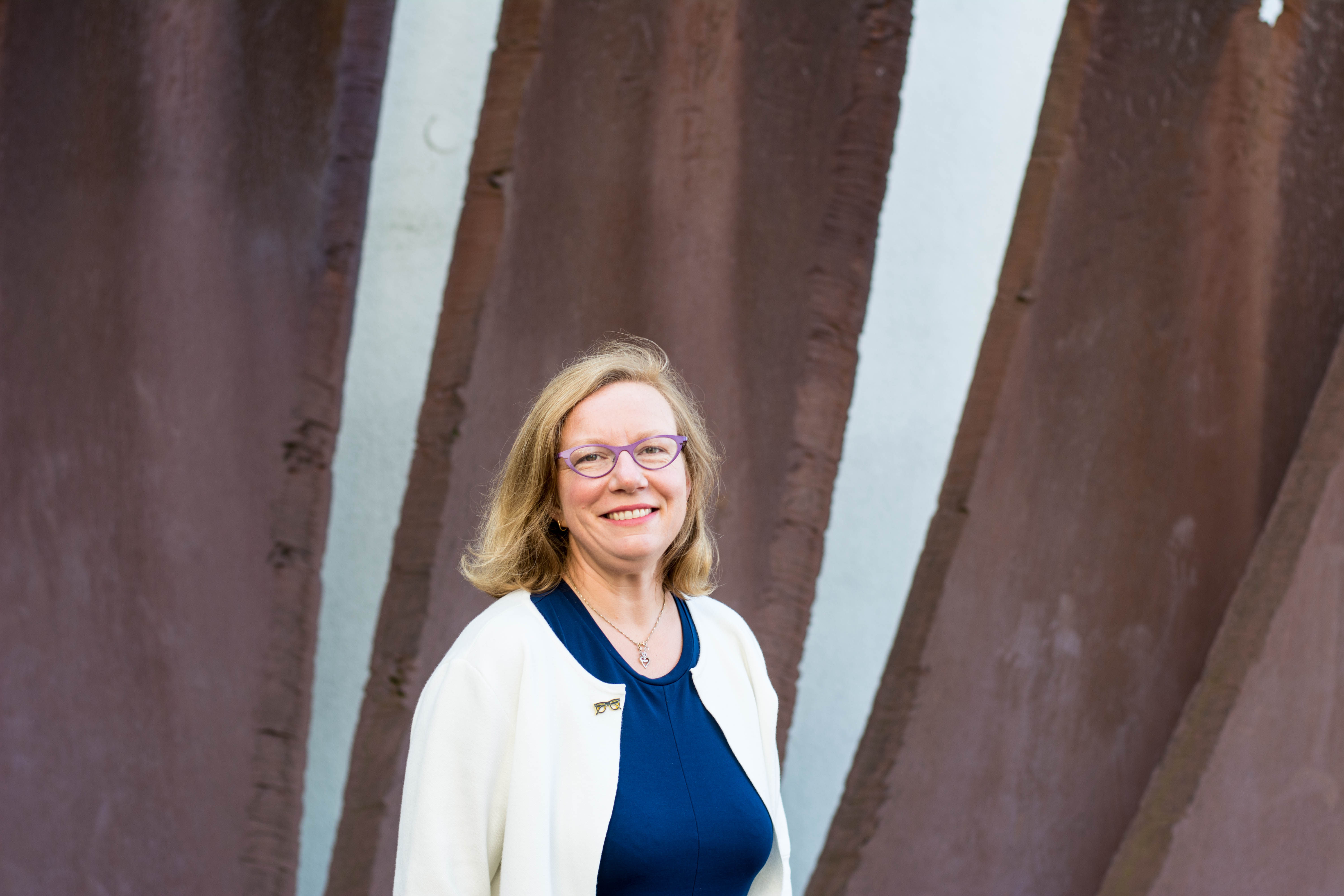
Sarah Coombs
Saxion
Sarah Coombs is Research Support Advisor for Saxion University of Applied Sciences and Open Science Advisor for the Netherlands Association of Universities of Applied Sciences (NAUAS). She is also finishing up her PhD with the Centre for Science and Technology at the Leiden University looking at how the impact of UAS research can be evaluated. She enjoys being creative in all kinds of ways including thinking of new ways to present Open Science and research support. While currently excelling at “all work and no play”, Sarah relaxes by baking for her family and begrudgingly running through the nearby forests. |
|
10:55
|
Break |
|
11:20
|
Panel sessionA panel session led by Andy Tattersall. 
Adam Say
Barton Peveril Sixth Form College
A librarian with a range of experience working in libraries from the small to the large across a variety of library sectors including Higher Education, the public sector and Further Education. Adam has worked extensively across libraries in Hampshire where he completed an MA in Information Studies with the support of Hampshire Libraries. After 13 years working in public libraries at the start of his career, concluding at Fareham Library, Adam has since worked at the University of Surrey Library and Highbury College, Portsmouth, before moving to his present role as Library Manager at Barton Peveril Sixth Form College in Eastleigh, Hampshire.
Andrew Tattersall
University of Sheffield
Andy Tattersall is an Information Specialist at the Division of Population Health (ScHARR) at The University of Sheffield. Andy writes, teaches and delivers talks and training about research communications (including podcasting, blogging, social media, video/animation, infographics), digital academia, open research, web and information science and altmetrics. In particular, their application for research, teaching, learning, knowledge exchange and collaboration. Andy has a mix of applied skills and theoretical knowledge and very much practises what he preaches. Andy received a Senate Award from The University of Sheffield for his pioneering work on Massive Online Open Courses (MOOCs) in 2013 and is a Senior Fellow of the Higher Education Academy. Andy was named in Jisc’s Top 10 Social Media Superstars. He was a member of the Cilip Digital Technology Committee (MmIT) for 10 years (2 as Chair) and is a member of the UKSG Events and Education Committee. Andy co-wrote and edited a book on Altmetrics for Facet Publishing which is aimed at researchers and librarians. 
Sarah Coombs
Saxion
Sarah Coombs is Research Support Advisor for Saxion University of Applied Sciences and Open Science Advisor for the Netherlands Association of Universities of Applied Sciences (NAUAS). She is also finishing up her PhD with the Centre for Science and Technology at the Leiden University looking at how the impact of UAS research can be evaluated. She enjoys being creative in all kinds of ways including thinking of new ways to present Open Science and research support. While currently excelling at “all work and no play”, Sarah relaxes by baking for her family and begrudgingly running through the nearby forests.
Mark Hahnel
Digital Science
Mark Hahnel is the CEO and founder of Figshare, which he created whilst completing his PhD in stem cell biology at Imperial College London. Figshare currently provides research data infrastructure for institutions, publishers and funders globally. He is passionate about open science and the potential it has to revolutionize the research community.
Katrine Sundsbo
DOAJ (Directory of Open Access Journals)
Katrine is the Scholarly Communications and Research Support Manager at the University of Essex (Library Services). Her areas of expertise include (responsible!) metrics, publishing, open access and more. In addition to creating the Open Access Escape Room, Kat is also one of the founding organisers of Newcomers (Network for Early Career Essex Researchers) – a network dedicated to developing research support for ECRs. In her spare time, Kat spends a lot of time with her puppy Evie and dreams about the wonderful mountains in her home country Norway. 
Aisling Coyne
TU Dublin
Aisling is the Open Scholarship Librarian for Technological University Dublin (TU Dublin) where she manages the institutional repository, Arrow; engages in outreach and promotion of Open Research; delivers training to academics, staff, students, and researchers on a variety of Open topics; is a member of the European University of Technology (EUt+) project. Aisling is a member of two LAI special interest groups (Library Publishing and Open Scholarship); the IOAP; EARMA; is a founding member of OSCAIL, among other groups. Aisling has a special interest in OER and Gamification, including delivering the Open Access Escape Room, Lego Serious Play and the new OER Escape Room. |
|
12:00
|
How to Measure Demand for OERs and WhyThe OER and OA communities have focused on questions of 'supply' -- on how to make more material available under open licenses -- and, relatedly, how to catalog that supply so that it is easier to find and access. There has been less investment in understanding demand, and for good reason. OER titles circulate without conventional measures of demand such as 'points of sale.' But supply and demand go together -- also for good reasons -- and we would argue that the OER ecosystem is weaker for lack of a good understanding of the demand for titles. Open Syllabus has developed tools to map and explore the demand side of OER, and to feed that back into the community. We'll do some show and tell and look forward to hearing from you whether this data can help in your efforts. 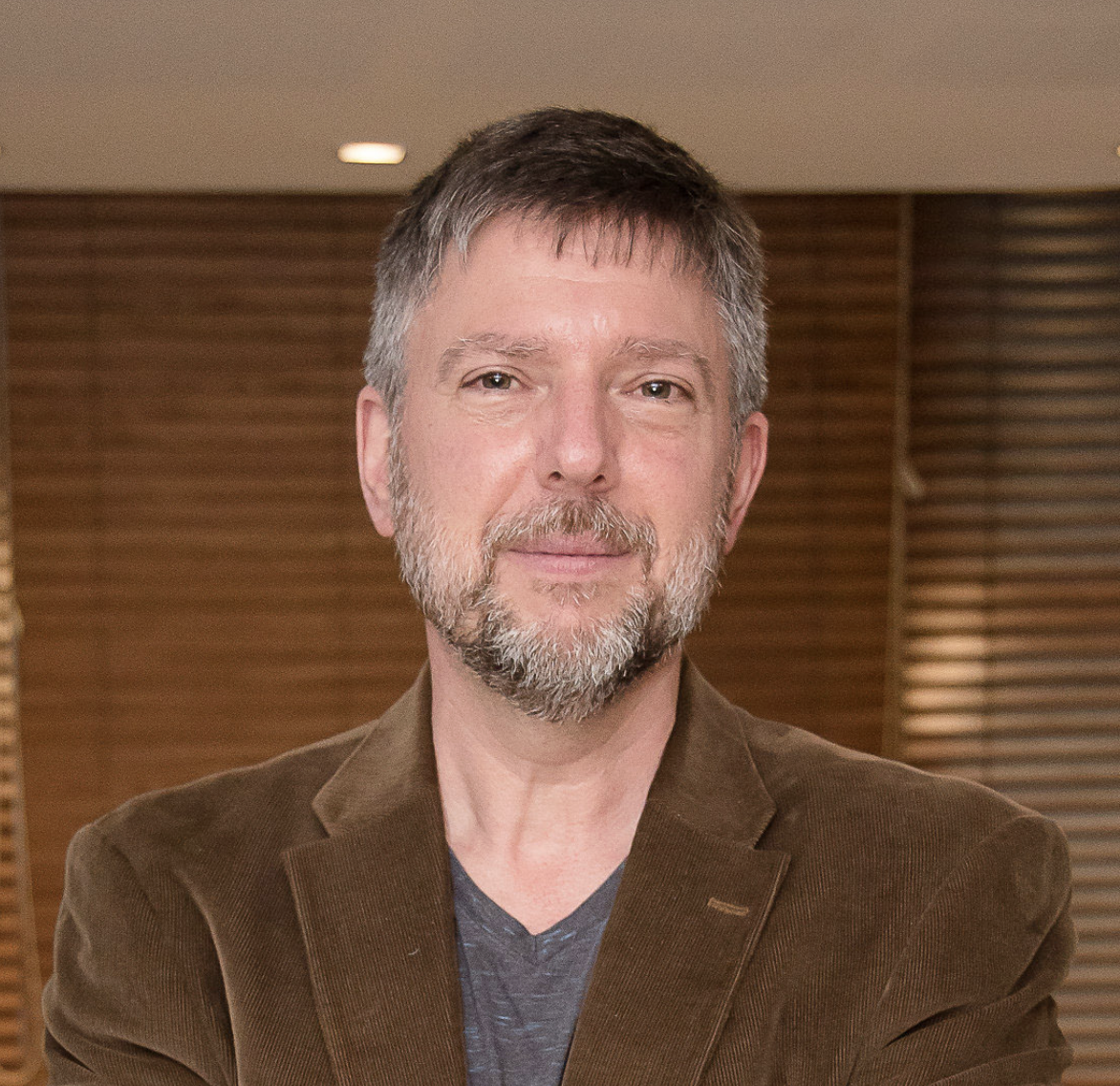
Joe Karaganis
Open Syllabus
Joe Karaganis is the Director of Open Syllabus, a nonprofit curricular archive and analytics organization. He has also directed a number of large-scale inquiries into access to knowledge and learning materials in particular, including Shadow Libraries: Access to Knowledge in Global Higher Education (MIT 2018). |
|
12:25
|
Wikipedia editing: learning by making knowledge openWikipedia is one of the most visited websites in the world. Its content is open to editing by anyone yet through rigorous policies and transparency it managed to stay free of misinformation during the COVID-19 pandemic and be a reliable source of information in general. This presentation looks at the existing practices and the potential of using Wikipedia editing to teach critical thinking, information literacy and awareness about underrepresented topics and issues. By actively taking part in sharing open knowledge, students can reflect on how knowledge is produced, who can access it and what systematic issues we need to address. 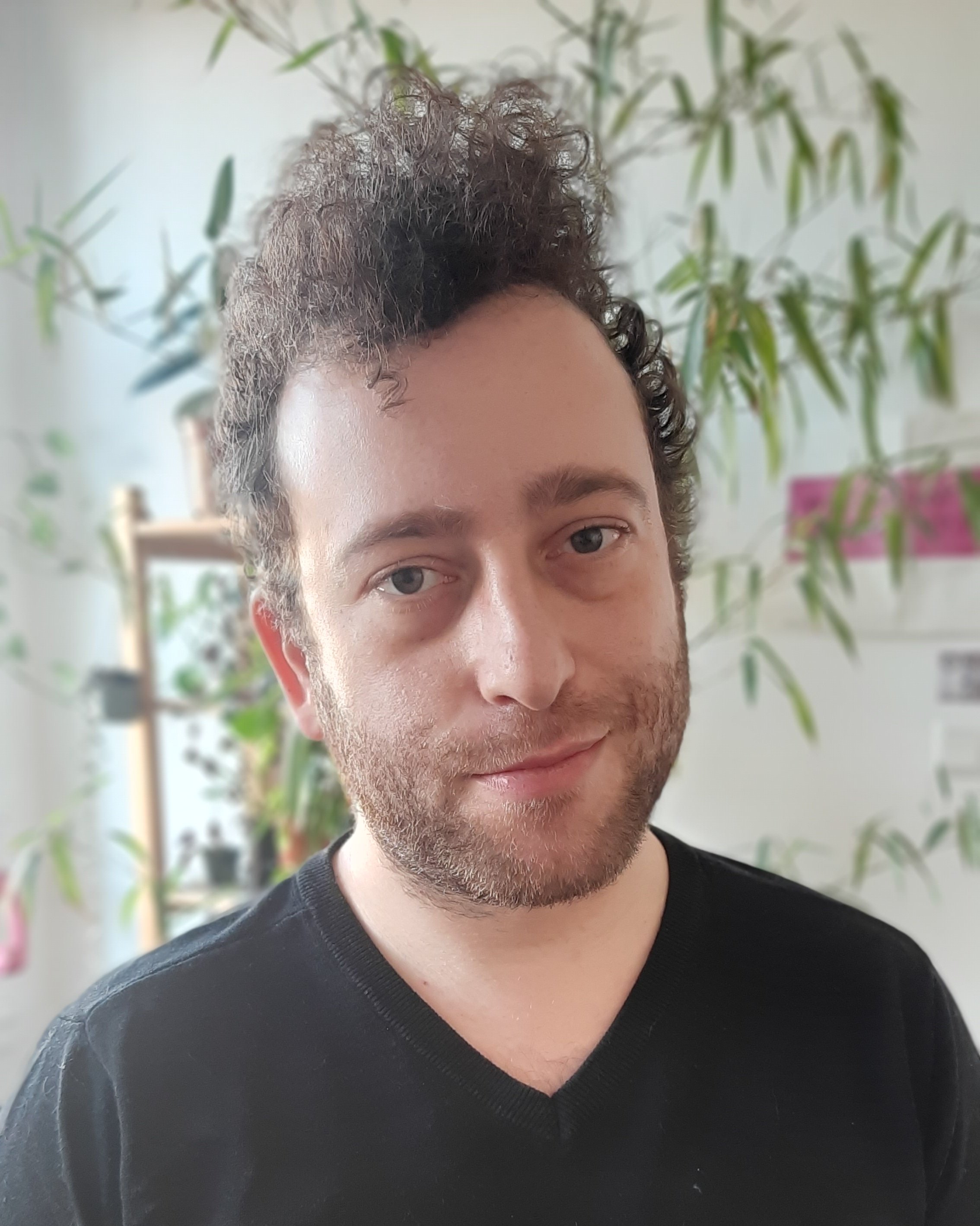
Adam Harangozo
National Institute for Health & Care Research
Adam Harangozó works in projects focusing on open access and open knowledge, focusing mostly on Wikipedia. He is the Wikipedian in Residence at the National Institute for Health and Care Research (NIHR) where he works on sharing health information with a wide audience through Wikipedia. Adam has previously worked in a similar role for a human rights archive in Hungary and organised Wikipedia events for vulnerable and underrepresented communities. Occasionally he also writes articles on cultural and political issues, his latest publication being ‘Passenger Pigeon Manifesto' focusing on the need of open access to cultural heritage. |
|
12:50
|
Summary and close |
Registration
£ 70.00 + £ 14.00 VAT
UKSG Members
£ 82.00 + £ 16.40 VAT
UKSG Non-Members
NB: UKSG reserves the right to alter or vary the programme due to events or circumstances beyond its reasonable control without being obliged to refund monies.
Contact
General queries - events@uksg.org
Please take a look at our code of conduct
Cancellations
The closing date for cancellations is Friday 15th September, after which date cancellations will not be eligible for a refund. Cancellation should be sent into writing to events@uksg.org. All registrants will be sent a link to a recording after the event.
The UKSG code of conduct can be found here and UKSG terms and conditions here
NB: UKSG reserves the right to alter or vary the programme due to events or circumstances beyond its reasonable control without being obliged to refund monies.
